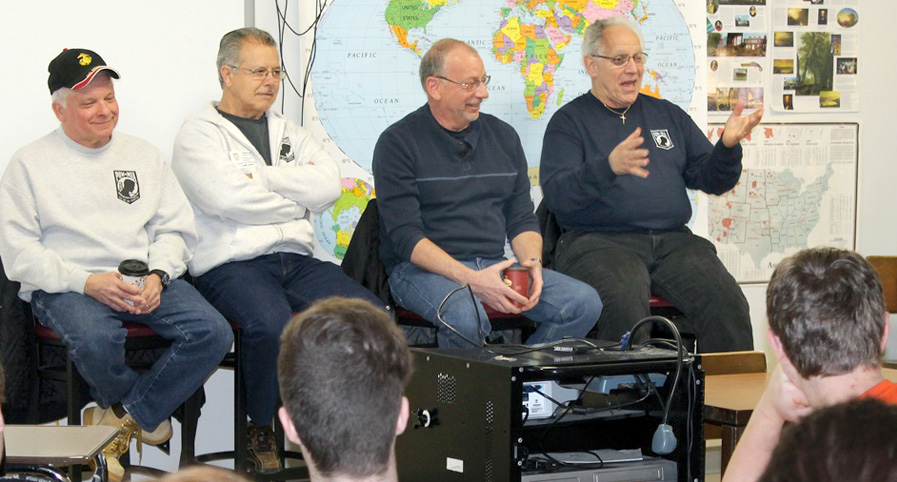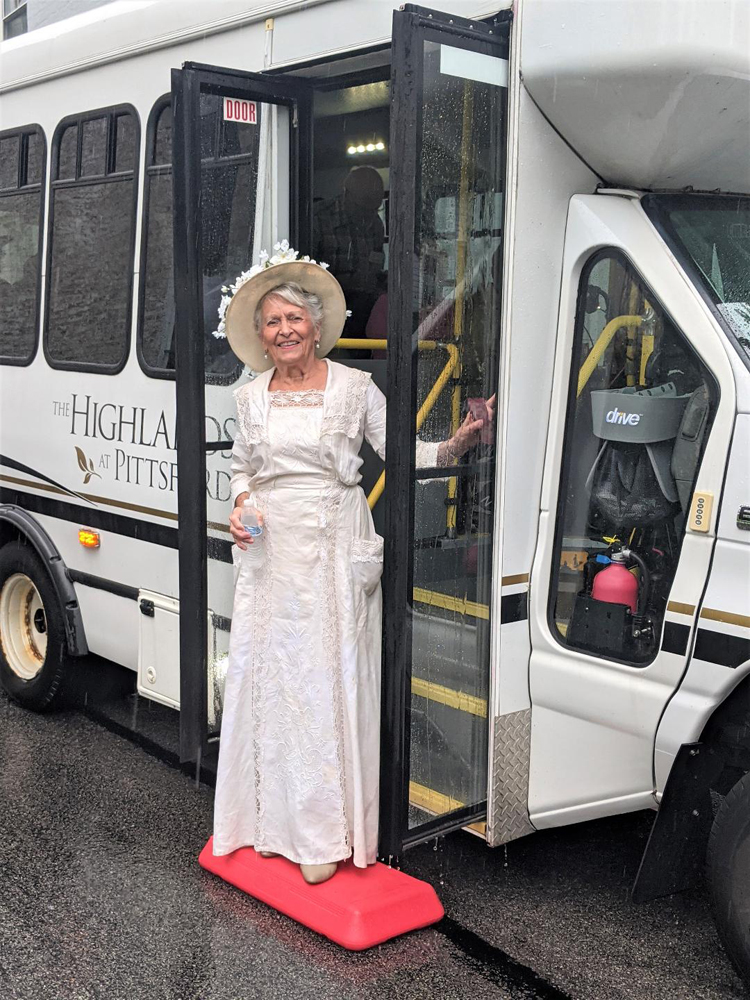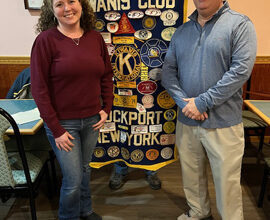Veterans make the Vietnam War real and personal for C-C students

“In Vietnam, it took weeks and sometimes months for news to reach us. Getting the mail and seeing my mother’s handwriting on the envelope meant so much to me. It was my connection to home.” Students in Churchville-Chili High School U.S. history classes listened intently to Ronald Trovato’s memories of his time “in country” during the Vietnam War. Trovato and other vets from local Chapter 20 of Vietnam Veterans of America visited the school on April 22 and 23 to speak with grade 11 and 12 U.S. History classes about their military service and the Vietnam War era.
The veterans have been coming to Churchville-Chili High School for more than six years, sharing first-hand experience of what is now part of American history. They discussed many topics and fielded questions from the students on: The daily life of a soldier in Vietnam, the draft vs. enlistment, social/political life in the late 1960s, return to civilian life in the mid-late ‘60s and early ‘70s and other topics.
Veterans who joined Trovato in this year’s visit were Kenny Allocco, Geno Lenyk, Chuck Macaluso, Joe Peck, and President of Chapter 20 Valentine Gatto. Their stories were personal and made the war real for their audience. Macaluso, an ex-Marine, described the experience of being in a combat zone. “You aren’t fighting for your country or for any principles. You don’t care about politics. You are fighting for yourself and your buddies. You are just trying to stay alive.”
“Nothing can prepare you for jungle warfare,” said Trovato. “Almost without knowing it, you adjust to different ways of doing things. You learn to walk a different way. You develop a different mindset. You stop thinking of everything that can go wrong, and just think simple, straightforward.”
They all remembered the painful sting of returning to a country where their service in a deeply unpopular war was often greeted with indifference or worse. “People then didn’t separate the warrior from the war,” said Macaluso.
“Talk to the veterans in your family,” said Allocco. “Ask them about their service. It means a lot to all of us that young people care; that we can help you understand what was happening then and what it was all about.”
Provided information




